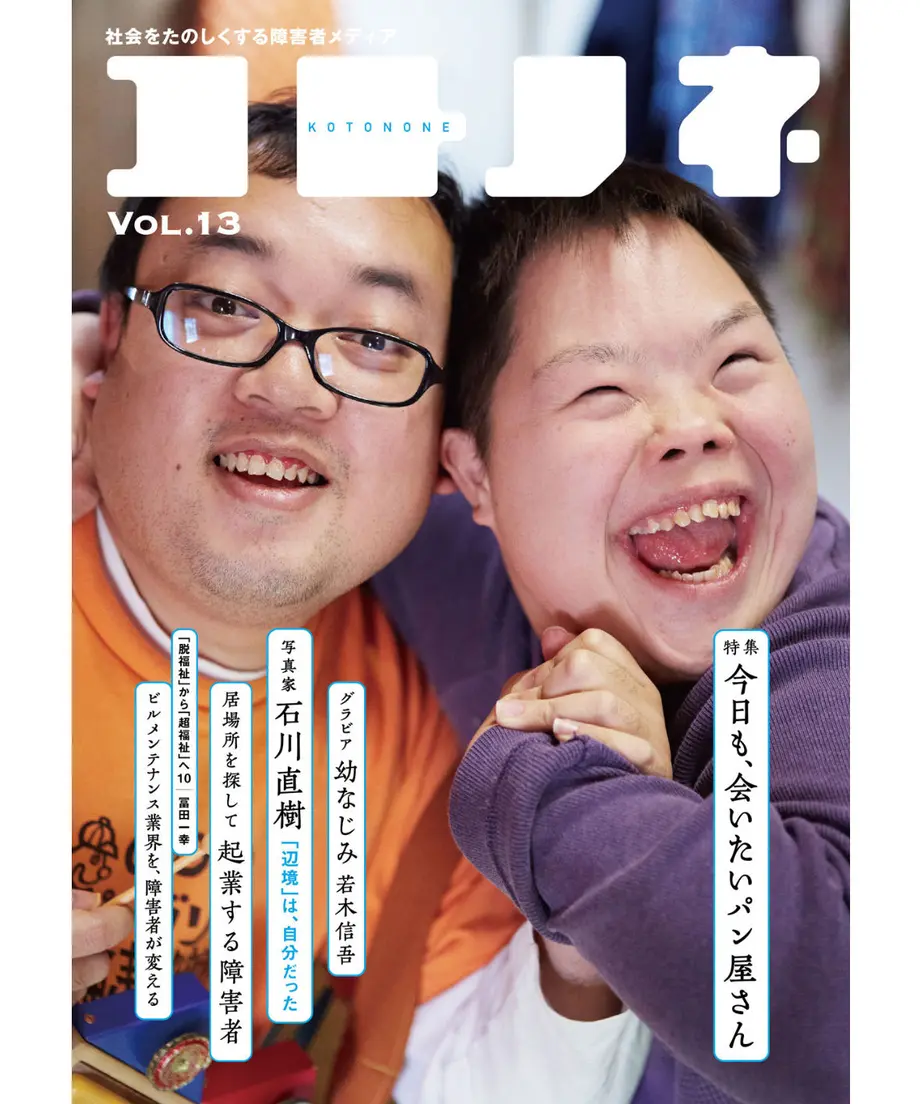Feb 8th notes
By cds6February 9, 2024 - 14:49

Serendip is an independent site partnering with faculty at multiple colleges and universities around the world. Happy exploring!


After our discussion on Tuesday, I was definitely feeling the weight and darkness of the history of disability in the US. From the discussion about Haverford’s own Gotter’s eugenics movement contribution to the varying levels of surveillance at Ellis Island, there were many points in the history of disability that are not being discussed nearly enough in the classroom setting. However, a thought I was contemplating while having this discussion was how does one even begin to talk about something so traumatic and heavy. It is difficult to envision the “correct” way of broaching this topic.

CRITICAL DISABILITY STUDIES: THEORY AND PRACTICE
Health Studies 304, Spring 2024
Tuesdays and Thursdays 2:30-4:00 PM
Stokes 018
Prof. Kristin Lindgren
Email: klindgre@haverford.edu
COURSE DESCRIPTION



Writing Seminar 118, Fall 2023 Prof. Kristin Lindgren
Tuesday/Thursday 2:30-4 PM klindgre@haverford.edu
Union 114 office hours by appointment
COURSE DESCRIPTION

Hey everyone! Thanks for a really great semester. I've linked my joint final with Sarah here. If you have any issues accessing the document let me know. Happy reading!

Writing Seminar 118, Fall 2022 Prof. Kristin Lindgren
Tuesday/Thursday 2:30-4 PM klindgre@haverford.edu
Hall 106 office hours by appointment
COURSE DESCRIPTION

Hi everyone, my final project talks about the relationship between art and disability, since we've been discussing CCW and multiple mediums of art that the community have created and its such a vibrant field to dig deeper in. This is a narrated PPT, where each slide accompanies a short audio clip that once you click on it, plays the presentation for the slide. Hope you enjoy!

Hi everyone, my final project talks about the relationship between art and disability, since we've been discussing CCW and multiple mediums of art that the community have created and its such a vibrant field to dig deeper in. This is a narrated PPT, where each slide accompanies a short audio clip that once you click on it, plays the presentation for the slide. Hope you enjoy!

Literature Review on ABA, critical analysis of history of ABA
https://docs.google.com/document/d/1rQ-TNsvw5e-f84z0GL2Fg36u8eoT-Y7bSUf8q40ET9c/edit?usp=sharing
Pamphlet - Resources for Families
https://docs.google.com/presentation/d/1xhcZEQas9WA0UgWbrJg4JoCIHBNtRkTKg-gfDToefos/edit?usp=sharing